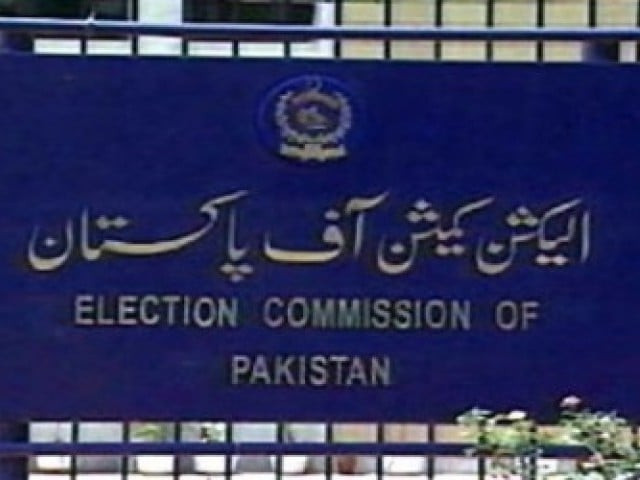The CEC question
Let us have, as soon as possible, an honest person of impeccable reputation as our next consensus CEC

The CEC question
Had they appointed a new CEC immediately after the resignation of Justice (retd) Fakhruddin G Ebrahim, the government and the opposition would have perhaps, escaped the discomfiture that they are facing today, as in the meanwhile, one very important player in the person of Imran Khan has gatecrashed the game. Not that he was not important enough even earlier, as his consent was sought and obtained when Justice (retd) Ebrahim was being selected to be appointed the CEC. But now, he appears to be in the mood to dictate the selection process rather than play second fiddle to Khurshid Shah, the parliamentary leader of the opposition. This has already happened once: when a consensus was apparently reached between the government and the parliamentary opposition on Justice (retd) Tassaduq Hussain Jilani, the PTI leader publicly asked the candidate not to accept the offer and the former immediately complied. Imran Khan has proposed the name of Justice (retd) Nasir Aslam Zahid but the prime minister and the leader of the opposition do not seem to be inclined to oblige.
Until the passage of the 1973 Constitution, it was not a constitutional obligation to appoint only former or serving superior court or high court judges to the post of CEC. The 1973 Constitution imposed the limitation because of the not-very-reassuring experience of the performance of former senior bureaucrats in the job in the past. And until the passage of the Eighteenth Amendment, it was not a constitutional obligation to finalise a candidate for the post through a consensus between the prime minister and the leader of the opposition.
The Eighteenth Amendment introduced the consultation process because of the not-very-fortunate past experience of solely empowering the executive to choose a person of its own liking for the post. The PTI would do well to keep this in mind and not confuse the whole issue by insisting that this amounts to being an underhand deal between the PML-N and the PPP.
Having said that, it is not politically possible today to ignore the PTI in the CEC’s selection process. On the other hand, going by the political mood prevalent currently in the country, it does not look possible at this juncture that there could be meaningful cooperation between the PTI, and the government and the parliamentary opposition in selecting a consensus candidate for the post before the deadline imposed by the Supreme Court expires.
But then, if a new CEC is not appointed soon enough, all parties, including the PTI, can forget about the next polls, in fact, even local government ones. Also, it would be in the PTI’s interest to cooperate in finalising the electoral reforms and getting this reform package incorporated into the Constitution in order to ensure free and fair elections. So, let us have, as soon as possible, an honest person of impeccable reputation as our next consensus CEC, but with full powers to choose his own civil servants from federal secretary down to the lowest official. It is this crowd of officialdom, which more than anything else, makes or breaks an election.
Published in The Express Tribune, November 16th, 2014.
Like Opinion & Editorial on Facebook, follow @ETOpEd on Twitter to receive all updates on all our daily pieces.















COMMENTS
Comments are moderated and generally will be posted if they are on-topic and not abusive.
For more information, please see our Comments FAQ